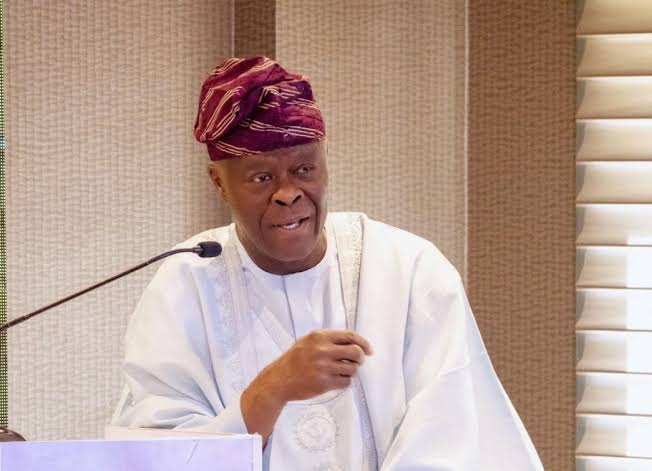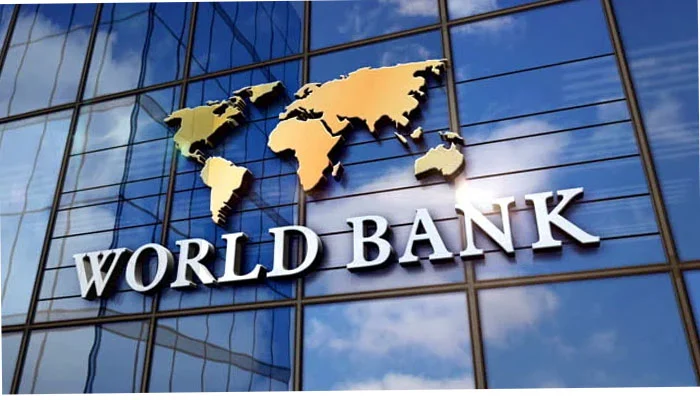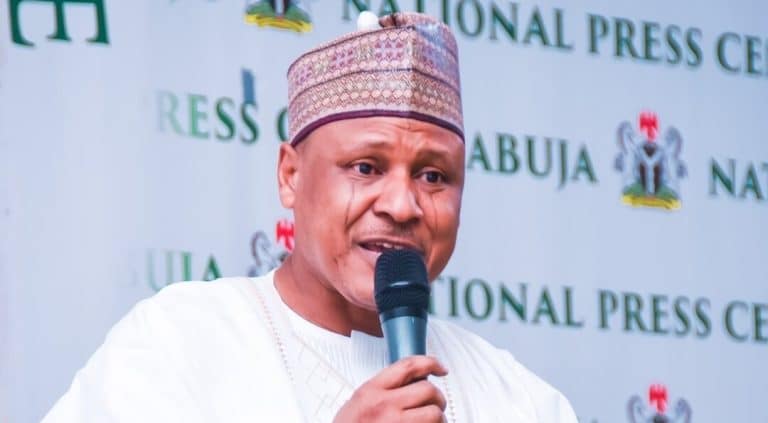The Minister of Finance, Wale Edun, has revealed that Nigeria has saved approximately $20 billion due to the removal of the petrol subsidy and the adoption of a market-based approach to setting foreign exchange rates.
This significant savings marks a shift in government policy aimed at reducing economic inefficiencies and redirecting resources to priority areas.
Edun made this announcement at a ceremony in Abuja celebrating the first 100 days in office of Esther Walso-Jack, the Head of Civil Service of the Federation. Highlighting the scale of previous subsidies, Edun explained that the former subsidies on petrol and foreign exchange collectively accounted for around five per cent of Nigeria’s Gross Domestic Product (GDP).
“If we consider an average GDP of around $400 billion, five per cent translates to about $20 billion—funds that can now be reallocated to critical sectors such as infrastructure, healthcare, social services, and education,” he noted.
These funds, previously consumed by subsidies, are now available for reinvestment in Nigeria’s public services, directly benefiting citizens through improved infrastructure and access to essential services. Edun emphasized the impact of this policy shift, explaining that the subsidies had long drained public finances, limiting government capacity to invest in areas crucial for sustainable growth.
“The changes introduced by President Bola Tinubu’s administration have fundamentally transformed the financial landscape,” Edun said, adding that individuals can no longer seek quick profits through access to below-market foreign exchange rates or participation in the inefficient petrol subsidy regime.
“Now, no one can wake up with the sole aim of obtaining cheap funding from the central bank to profit without creating any real value,” he explained. This approach, Edun stressed, had previously allowed some individuals to accumulate wealth without contributing to the economy—a practice now curtailed by policy reforms.
With these adjustments, Edun underscored that government funds would increasingly support genuine development efforts. By ending opportunities for individuals to profit from state resources through subsidized foreign exchange or fuel, the government aims to ensure that national wealth is used to benefit the wider population.
Edun affirmed the government’s commitment to using these redirected resources for the advancement of Nigeria’s infrastructure, education, healthcare, and social services, creating a foundation for long-term economic growth and equitable development.







